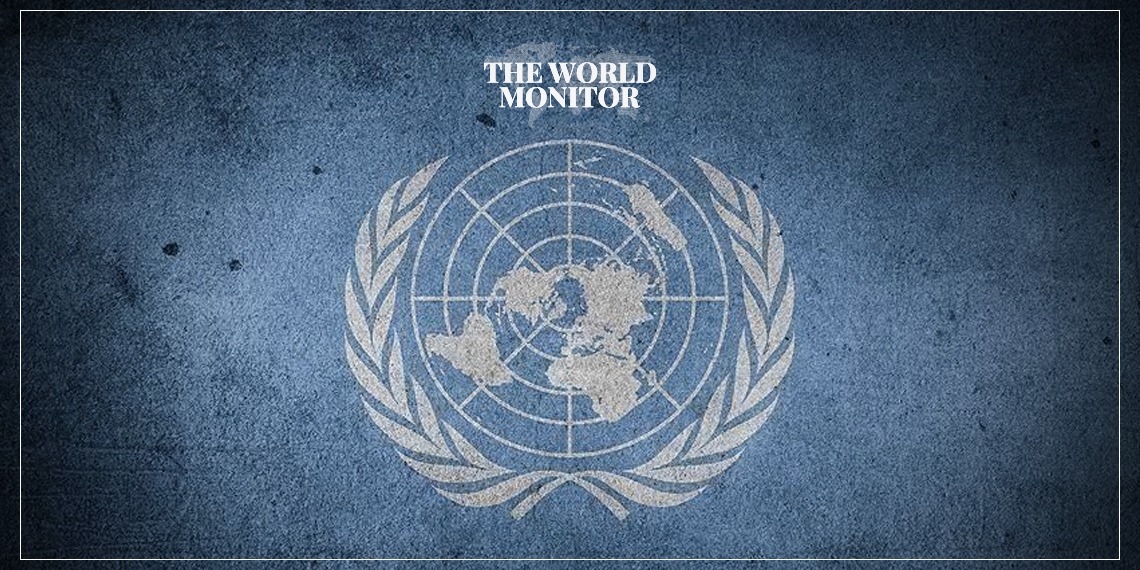The United Nations-appointed expert for managing the crisis of the sunken ship Rubimar, Matia Logia, revealed that there are difficulties and challenges surrounding the salvage operation of the ship, which sank due to a missile launched by the Houthis.
Logia stated – according to Yemeni television today, Sunday – that the United Nations has provided a comprehensive mechanism to deal with the ship, emphasizing that the challenges facing the salvage operation are significant and that there is a necessity to go underwater to analyze the situation and understand the disaster more deeply. The UN expert listened to the officials’ views on the crisis, where they stressed the importance of the role played by the United Nations in this matter and the need to expand efforts in a way that yields positive and quick results.
The Rubimar ship was targeted by the Houthi terrorist militias on November 18 with two guided missiles, and they resumed their attack on the ship while it was stranded south of Hanish Island with the aim of sinking it, regardless of the catastrophic environmental, economic, and humanitarian damages that Yemen and its people will pay.
The Houthi movement, also known as Anṣār Allāh (Defenders of God), originated from a Zaydī revivalist movement in northern Yemen, opposing foreign influence and perceived corruption within the Yemeni government. The Zaydīs, a sect of Shiʿi Islam, experienced marginalization, leading to the formation of the Houthi movement. This movement took up arms during the early 21st century and gained significant power with Iranian support during the Yemeni Civil War.
The Houthi rebels have increased their attacks on commercial ships in the Red Sea significantly, especially since November 2023. These attacks have disrupted global shipping routes, leading to increased insurance costs and the diversion of major shipping companies from the region. The United States and other countries have responded with air strikes on Houthi targets in Yemen. The Houthis claim their attacks target ships with Israeli interests, but the impact has been broader, affecting global shipping and raising concerns about regional stability and economic repercussions.






